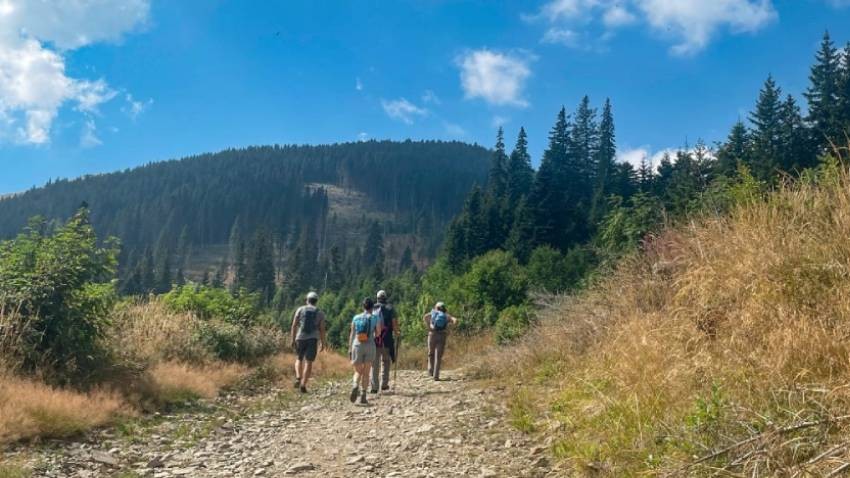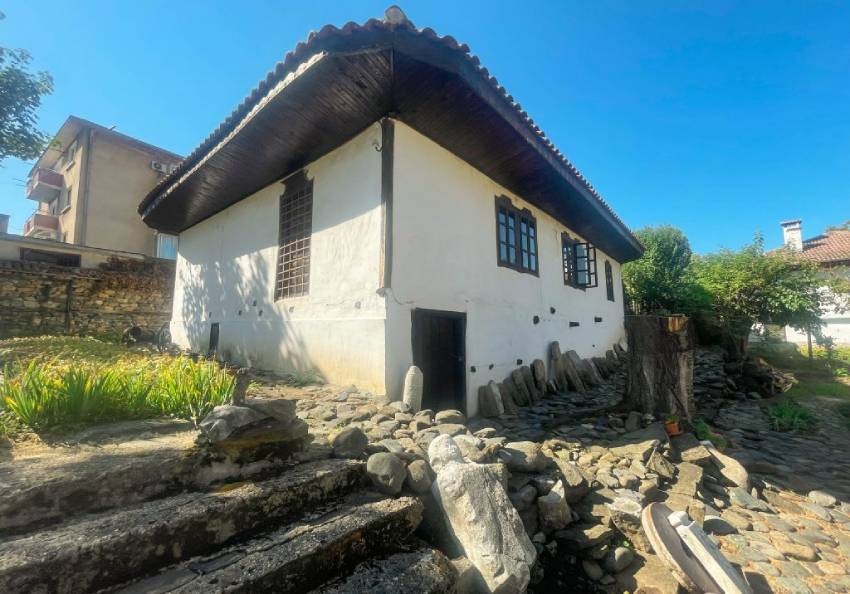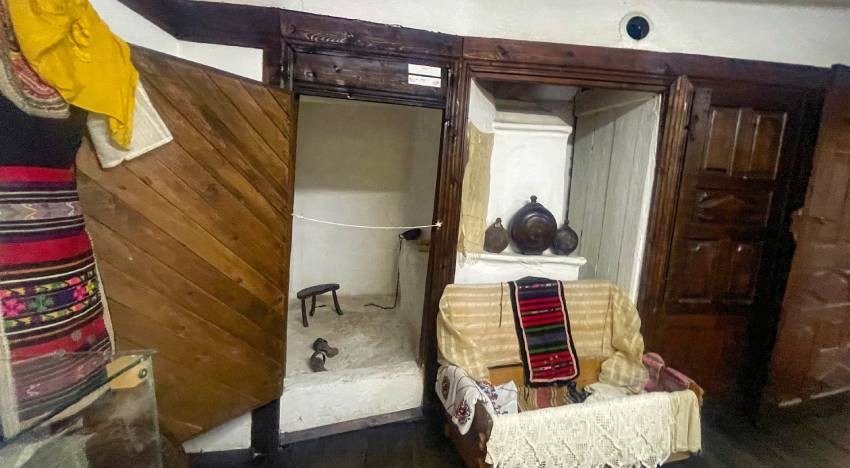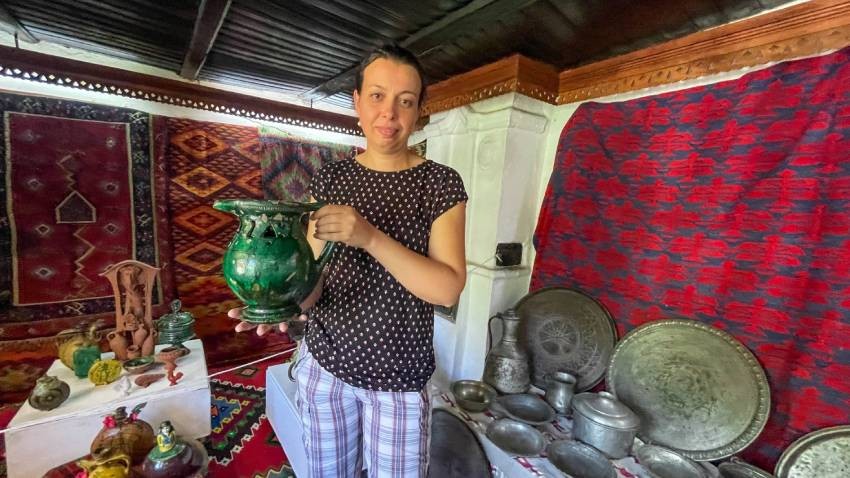"Nature here is so majestic. So much beauty in this unknown nook of paradise!" - This is how the patriarch of Bulgarian literature, Ivan Vazov, described his first impressions of the old mountain town of Berkovitsa in north-western Bulgaria. Located in one of the regions of Bulgaria still untouched by concrete buildings and mass tourism, Berkovitsa shines with its authentic atmosphere and preserved nature.

The town is the starting point for Mt Kom (2016 m) - the highest peak of the Berkovitsa Balkan. The Bulgarian section of the trans-European E-3 tourist route starts from the new Kom mountain hut, about 16 km from the town of Berkovitsa. But hiking is not the only reason to visit this piece of paradise. It's enough to stroll along the lush green streets and get inside a museum to take a trip back in time.

In the centre of Berkovitsa is the so-called Ipekliyska house, which has been restored and turned into a museum of the poet and writer Ivan Vazov. Vazov spent one of the most fruitful periods of his life here between 1879 and 1880.
Next door is the late 19th century Serbinska House which holds the Ethnographic Museum. The collection is not very large, but contains interesting exhibits that are brought to life by the fascinating narratives of the curator, Dilyana Genkova. In the first exhibition hall, we stop in front of mannequins dressed in Karakachan costumes. Why Karakachan? Because there was once a large Karakachan community in Berkovitsa - transhumant sheep herders. In summer, when the grass in the lower parts of Belomorie burned and there was no pasture for the animals, the Karakachans used to move their herds to the lush meadows of the Berkovska Balkan, we learn from Dilyana Genkova.

We take a long time to admire a woman's wedding attire, weighing 16 kg, before moving on to the next room, which had a luxury unheard of in those harsh times - an indoor bathroom.
"One of the most interesting objects, as part of the construction of the house itself, is the old bathroom. Visitors admire it and are amazed that in those days there was such a thing as an indoor bath. Curiously, it was equipped with a system for heating water through two earthenware jars built into the wall. The water in them was heated by a supply of hot air from the hearth in the adjoining room where the kitchen was located. Let's not forget that at the end of the 19th century there was no water supply system in the town and water was carried in copper buckets from the nearby well," says Dilyana Genkova.

At the end of the 19th and the beginning of the 20th century, Berkovitsa was a craft centre and the most common craft was pottery. In the Ethnographic Museum we can see magnificent examples of Berkovtsa pottery.
"There were about 50-60 ceramic workshops in Berkovitsa, 100-120 potters and apprentices were involved in the production of Berkovitsa ceramics, which is very similar to the style of Busintsi ceramics - says Dilyana Genkova. Our craftsmen went to the village of Busintsi to learn the craft. This is why many shapes, ways of dyeing and working the clay were borrowed from there. For example, the way they painted the pottery in yellow and green. But the masterpiece in the work of the Berkovitsa potters is the so-called Berkovitsa devil's wine jug. Drinking from it is very special, because you have to close one of the openings, and you have to know which one. Very few craftsmen were able to make this type of vessel". 
The clock tower from 1764, the two old churches, the art gallery, the remains of the late antique fortress of Kaleto, the pleasant guest houses and the typical northern cuisine are also an important part of the tourist mosaic of this nature-blessed piece of Bulgaria.
The Yantra River rises in the Balkan Mountains at 1,220 metres above sea level and descends northwards, meandering through picturesque valleys and gorges in central northern Bulgaria, crossing the towns of Gabrovo and Veliko Tarnovo. Shortly before it..
The village of Momchilovtsi, the Rhodopes, Pamporovo and the Smolyan region were present with a pavilion at a tourism exhibition this autumn in Ningbo, China. Speaking to BTA, Momchil Karaivanov, a representative of the Bulgarian-Chinese Society..
Cultural tourism accounts for nearly 20 % of the country’s tourism product, according to data from a survey by the Ministry of Tourism. While Bulgaria's image was previously associated mainly with maritime tourism, which made up 70% of the tourism..
Pristine nature, homely comfort, delicious meals and snowy emotions - Momchilovtsi is a paradise for lovers of rural tourism. In the..

+359 2 9336 661
